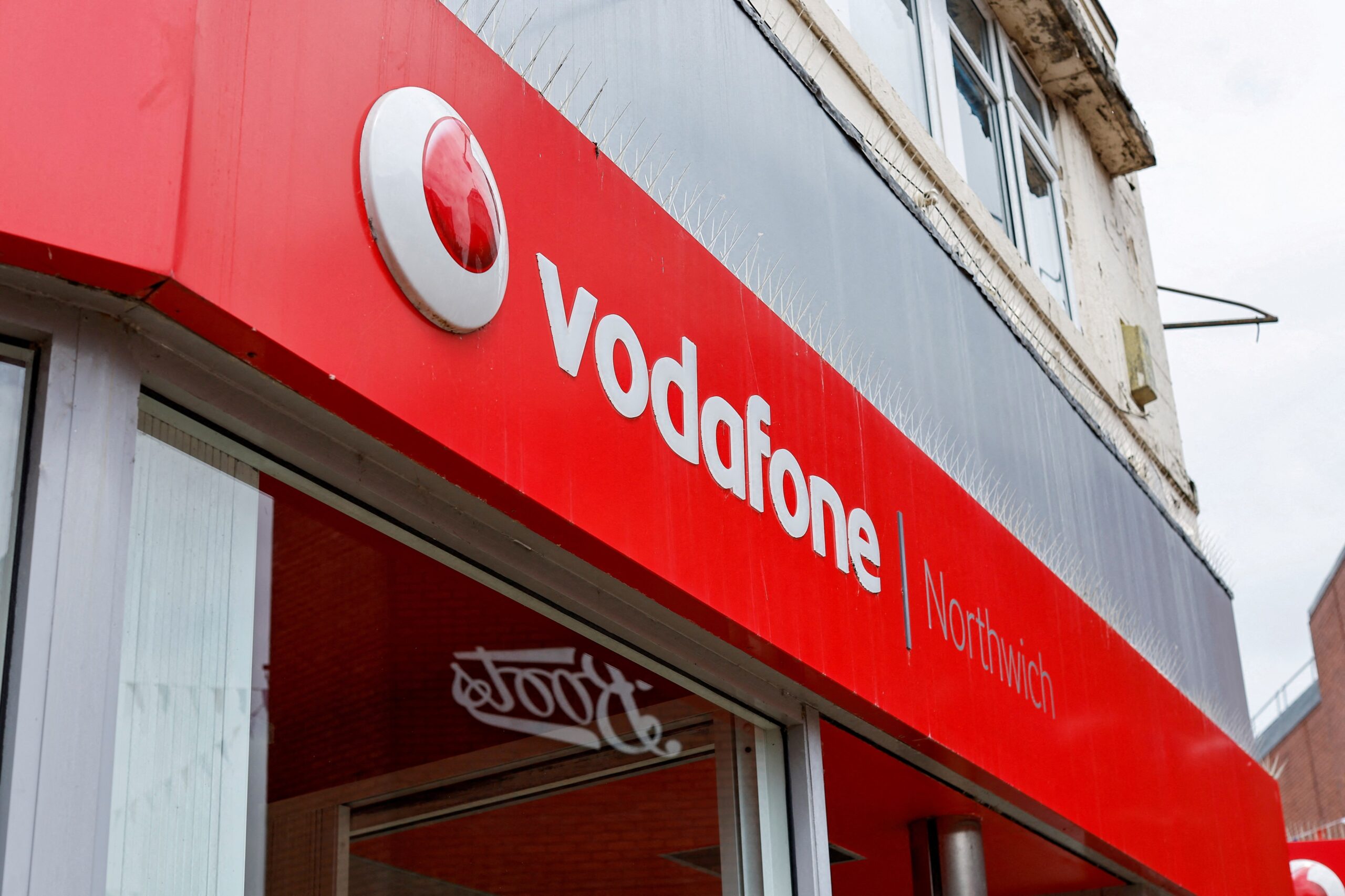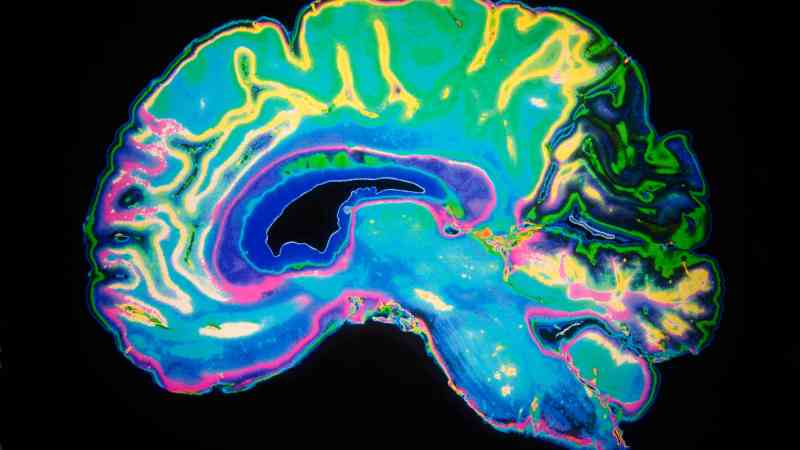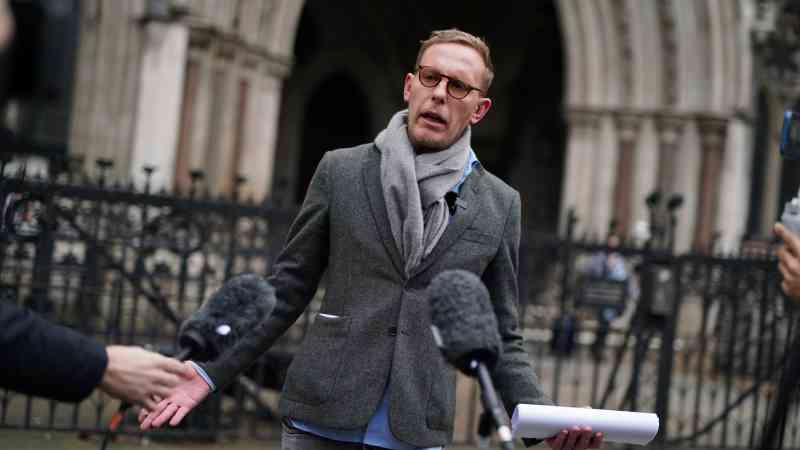UK’s AI ambitions at risk from poor mobile network, says Vodafone boss
Britain’s ambitions to become a global leader in artificial intelligence are being put at risk by substandard mobile data networks, the boss of Vodafone has cautioned.
In a strongly worded warning, Margherita Della Valle told The Times that this means the UK will be less quick to adopt and take advantage of the technology than its rivals.
The FTSE 100 chief executive said the UK’s cellular networks could be “the next AI bottleneck” to restrict growth in the use of AI, adding to issues over chip shortages, limits on computing power and AI’s high energy demands.
Britain is at the bottom of the G7 when it comes to 5G connectivity, she said, citing recent research from OpenSignal, the network analytics company, and is also “falling behind the rest of the world”.
“5G standalone in the UK, which is the capability you need for this type of communication, is simply not available and will not be available even in three, four, five years time,” Della Valle said.
“The absence of high-speed, low latency connectivity means that certain use cases are not possible, either across the whole network or simply because you have locations where this high speed, low latency will not be available.”
At present, almost all 5G used in the UK is built on top of existing 4G infrastructure. To get the full benefits of 5G, a so-called “standalone” network architecture is required which operates independently. This can carry more data, at faster speeds and with shorter delays, or latency.
The government wants everyone to have access to standalone 5G by 2030, but Ofcom described its deployment in December as “at an early stage”. Frontier Economics has found an investment gap between what private industry can deliver and what is needed to meet the target, while the National Infrastructure Commission believes it can be funded commercially.
Della Valle argued that the need for capacity on the network would only increase as consumers started to see AI capabilities embedded in their smartphones, and AI finds commercial applications, such as in agriculture, healthcare and education.

“All of this will travel across our network”, she said. “AI needs computing capacity, it needs energy, and it needs networks”, without these, she said businesses and society cannot capitalise on the technology.
Her remarks echo those of some analysts who have warned that the increased adoption of AI could lead to a huge increase in data on wireless networks which will require network upgrades.
“When people think about the opportunities of AI, when people think about what it can deliver for society, the public sector savings, everyone is focused on the tech companies side of the equation, but in the infrastructure layer that is required for AI, success tends to be forgotten,” Della Valle said.
Vodafone is in the middle of an £18 billion merger with Three which would create the UK’s biggest mobile network operator, bringing 27 million customers together and reducing the number of operators from four to three.
The deal is being investigated by the competition watchdog over concerns that it may lead to mobile customers facing higher prices and reduced quality.
Della Valle made the case that, without the scale provided by the tie-up, the size of investment needed in the UK’s infrastructure was uneconomical. “In the current circumstances, companies like ours cannot invest more because there are no returns on investment”.
Vodafone has committed to investing £11 billion over the next decade if the takeover goes through.
Della Valle said it was imperative to consider the impact of AI on Britain’s digital infrastructure as soon as possible: “It will take time to fill these gaps. It’s not something that you wake up in the morning and decide, ‘I want to have the best 5G network in Europe’ and you get it. It takes time.”
The boss of National Grid has also warned about the pressures of AI on the energy network’s capacity, remarking that data centre power use would grow sixfold in the next decade.
According to the Department of Science and Technology, the UK’s AI sector employs more than 50,000 people, contributes £3.7 billion to the economy every year, and attracts £4.2 billion in investment.




Post Comment